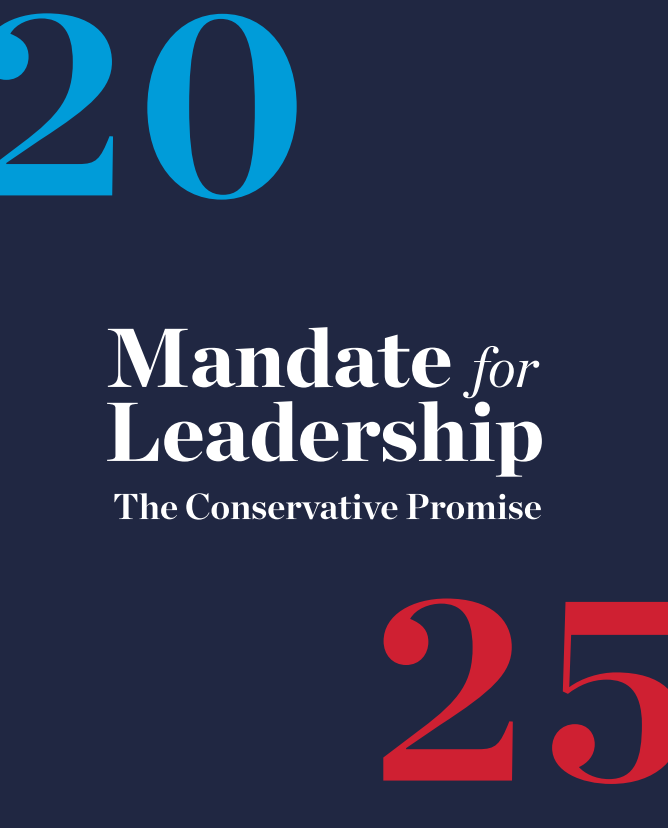A Small Death
Note: This was originally published in our bi-weekly e-newsletter, Liminal Spaces. To get future issues delivered to your inbox, sign up here.
To ask for forgiveness is to die a small death. Yes. And I suppose humility is a small death too, the death of supremacy. Trust is a small death, the death of control. Truth is a small death, the death of lack of accountability. Reparation is a small death, the death of domination. Reciprocity is a small death, the death of autonomy. To embrace “the other” is a small death, the death of self-absorption. But think about the alternative—choosing supremacy, control, lack of accountability, domination, autonomy, self-absorption? This path feels familiar, the path of this world. Do not be fooled; it leads to the big death and separation. —Lisa Sharon Harper, The Very Good Gospel
As America burns, as citizens take to the streets in protest of continued racial injustice, we cannot be silent. To remain silent during this dark hour of division and hostility is to be complicit with oppression. As Dietrich Bonhoeffer wrote during the rise of the Nazi regime, “Silence in the face of evil is itself evil...Not to speak is to speak. Not to act is to act.”
And yet, maybe the last thing the world needs right now is more white proclamations, more white narratives, more whitewashing, and more whitesplaining of social justice issues. According to the Instagram account @blackandembodied, “White people use their positionality to profit from the people who are most impacted by the systems of oppression.” So, as two white people who have much to learn, we decided to scrap what we had planned for this issue in favor of using our platform to #AmplifyMelanatedVoices and raise awareness.
Below are just a few of the many Black voices in the areas of art, social media, politics, theology, and society that we hope you’ll join us in meditating over, praying with and for, researching, learning from, and being convicted by. May we all find the courage to do our part in righting wrongs and creating a better future.
Follow
Watch
13th (Netflix): A scathing indictment of the U.S. prison system.
American Son (Netflix): A Florida mom navigates the intrinsic bias within the judicial system when her son goes missing.
The Hate U Give (Cinemax): This drama directed by George Tillman Jr. details the fallout after a high school student witnesses police brutality.
When They See Us (Netflix): A gripping miniseries about the Central Park Five.
In addition, our friend Travis Reed at The Work of the People has several short films on race and Christianity. Here are three interviews with theologian Christina Cleveland:
Read
If, like us, you live in the center of society, it can be easy to miss the subversive edge in Scripture because of our reading locus. Much of it is written from the perspective of the poor, the disenfranchised, and the conquered, something most white Americans can barely comprehend. We are the conquerors, citizens of a global superpower, benefactors of a system built to keep power in our hands at all costs. As such, we fail to understand the radical teachings of the historical Jesus, who was a brown-skinned subaltern living under the boot of the Roman Empire and murdered as an enemy of the people. Here are six convicting reads on race and spirituality that offer a different approach to the Bible.
God of the Oppressed by James Cone
I’m Still Here by Austin Channing Brown
The Black Christ by Kelly Brown Douglas
The Very Good Gospel by Lisa Sharon Harper
Letters from a Birmingham Jail by Dr. Martin Luther King, Jr.
The Fire Next Time by James Baldwin
Muse
Below is a convicting poem from Langston Hughes, an important figure in the Harlem Renaissance. As we watch peaceful protests turn to violent responses, we should also humbly ask why? What is at the root of so much anger and pent up aggression? What else should we expect from generational trauma, and how can we be a healing balm to a nation exploding in righteous anger?
“Mother to Son” by Langston Hughes
Well, son, I’ll tell you:
Life for me ain’t been no crystal stair.
It’s had tacks in it,
And splinters,
And boards torn up,
And places with no carpet on the floor—
Bare.
But all the time
I’se been a-climbin’ on,
And reachin’ corners,
And sometimes goin’ in the dark
Where there ain’t been no light.
So boy, don't you turn back.
Don't you set down on the steps
‘Cause you finds it’s kinda hard.
Don’t you fall now—
For I’se still goin’, honey,
I’se still climbin’,
And life for me ain’t been no crystal stair.
Originally published in 1922 in The Crisis, a magazine devoted to civil rights.
Finally, we want to apologize and ask for forgiveness. We are sorry for our complicit participation in a system of wanton injustice and willful indifference. We are sorry for our ignorance and for our lack of action in the past. We are sorry that our positions of privilege have blinded us to your daily struggle to be seen, to be heard, and to be treated with dignity. We are sorry for benefiting from a system of evil, injustice, and dehumanization. We want to apologize to all minorities for setting that precedent and for allowing white needs and desires to be elevated above and executed at the expense of others. It is not acceptable. We want to do better. We will do better.
Listening, learning, and working to join the resistance,
Melanie and Gary Alan










Trump’s signature look—the ridiculous comb-over hair, oversized suits, spray-on tan, and long ass ties are designed to project dominance while masking his pathological weakness. But none of this is particularly about bad taste; it’s about the complete renunciation of beauty.